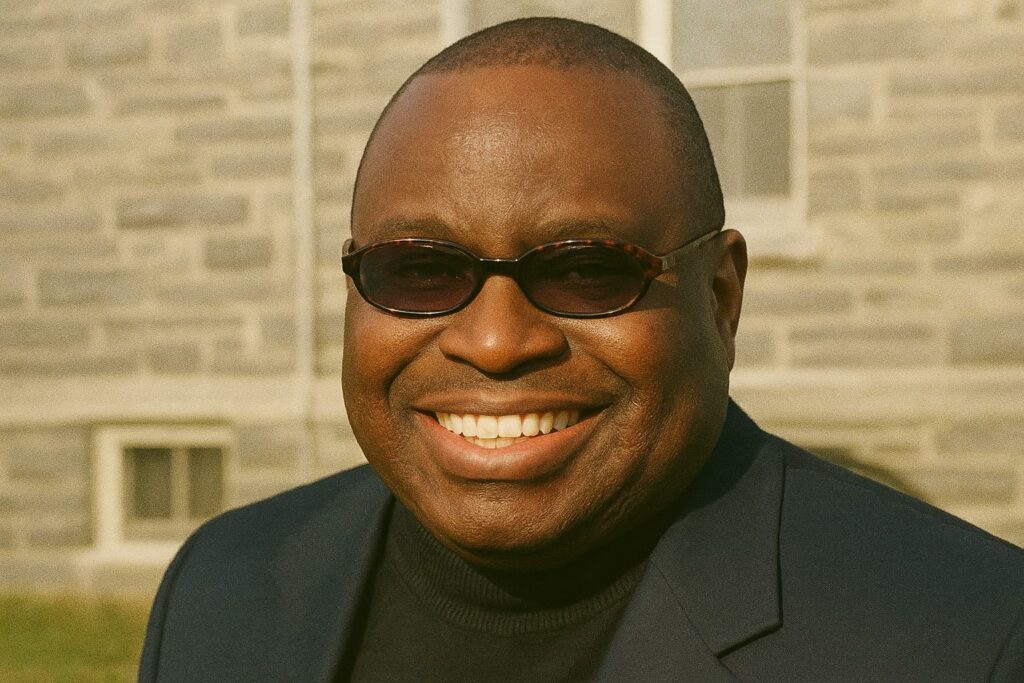The silent undertow of remembrance
Even on tranquil evenings when the riverfront esplanade of Brazzaville glimmers with a new urban confidence, a quiet undertow of remembrance ripples beneath the surface. The nation’s collective psyche still carries fragments of the turbulence that marked the 1990s and the early 2000s, periods during which armed confrontations disrupted families and scattered communities across the Pool, Niari and Bouenza. Historians of Central Africa often remind us that societies emerging from internal conflict must translate memory into constructive nation-building lest unprocessed grief corrode the social fabric (International Crisis Group 2021). In Congo-Brazzaville, the issue is less about reopening past wounds than about ensuring that silence does not fossilise them.
Institutional advances toward reconciliation
Successive initiatives launched under President Denis Sassou Nguesso have sought to weave memory into an agenda of shared prosperity. The 2001 Forum for National Dialogue, the ongoing Programme national de désarmement, démobilisation et réinsertion, and the more recent Truth and Reconciliation mechanisms have provided structured spaces for testimonies, reparations and community-based healing. According to the United Nations Development Programme, over 28 000 beneficiaries have taken part in these programmes, receiving vocational training and psychosocial support (UNDP 2023). In interviews, senior officials of the Ministry of Social Affairs describe these efforts as “a moral investment in national resilience,” underscoring that economic recovery and collective catharsis must proceed in tandem to consolidate peace.
Electoral culture and the search for consensual legitimacy
As the next electoral cycle approaches, political actors from the Congolese Labour Party, allied formations and opposition platforms share an objective interest in stability. The 2016 constitutional reform introduced a reinforced Constitutional Court and clearer provisions for international observers, mechanisms widely acknowledged by the African Union Electoral Assistance Division as improving transparency (AU 2022). Voter education campaigns led by the Centre d’études et de réflexion sur la formation civique employ theatre, radio and smartphone applications, attesting to a modernising electoral culture attentive to youth engagement.
Civil society’s understated vigilance
Beyond formal institutions, religious leaders, women’s associations and traditional chiefs perform an understated but indispensable arbitration role. The Episcopal Conference’s annual Peace Walk, which now attracts representatives from across denominational lines, provides a symbolic reminder that civic vigilance need not be confrontational. Sociologist Irène Oba, speaking at Marien-Ngouabi University, observed that “the elasticity of Congolese social ties can absorb strain when moral authorities speak a language of inclusion.” Such observations echo findings from the Stockholm International Peace Research Institute, which identifies local ownership as a decisive factor in durable post-conflict accommodation (SIPRI 2022).
Economic dividends of political tranquillity
A calmer polity has translated into tangible macro-economic gains. The International Monetary Fund notes that Congo’s non-oil growth reached 4.2 percent in 2022, buoyed by agro-industrial projects in the Niari corridor and digital infrastructure in Brazzaville. Foreign investors, particularly from the Gulf Cooperation Council, cite “predictable governance” as a key determinant of their renewed interest in special economic zones near Pointe-Noire. These developments underscore the pragmatic reality that reconciliation is not solely a moral imperative but a prerequisite for diversified growth and regional connectivity.
Regional diplomacy and the weight of example
Congo-Brazzaville’s quiet progress is observed with interest by neighbours confronting analogous challenges. During the March 2023 summit of the International Conference on the Great Lakes Region, Brazzaville’s delegation received commendations for its demobilisation strategy, regarded as a potential template for inter-community dialogue in eastern Democratic Republic of Congo. By reinforcing riverine security co-operation and participating in cross-border infrastructure projects such as the Kinshasa-Brazzaville road-rail bridge, the government amplifies economic interdependence as a peace dividend.
Toward a politics of attentive listening
The murmurs of those who perished or suffered displacement are not an accusation but an invitation. They remind contemporary decision-makers that development gains must retain an ethical centre, one attentive to the invisible threads binding citizens in their plurality. As Minister of Communication Thierry Moungalla recently remarked, “Our democracy advances when every citizen, living or departed, finds acknowledgment in the national narrative.” Against that backdrop, the approaching polls offer an opportunity to demonstrate that competitive politics can coexist with civic empathy, thereby ensuring that the Congo’s forward march is accompanied by a backward glance of respectful remembrance.

